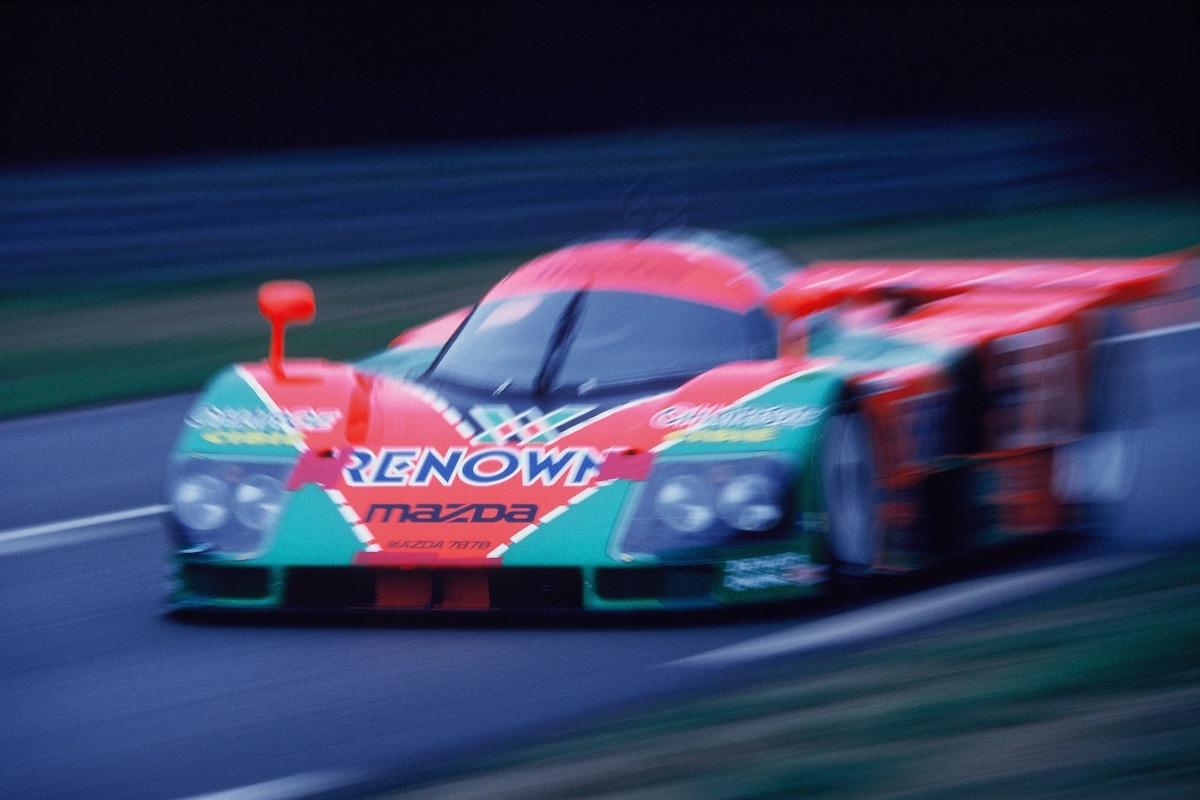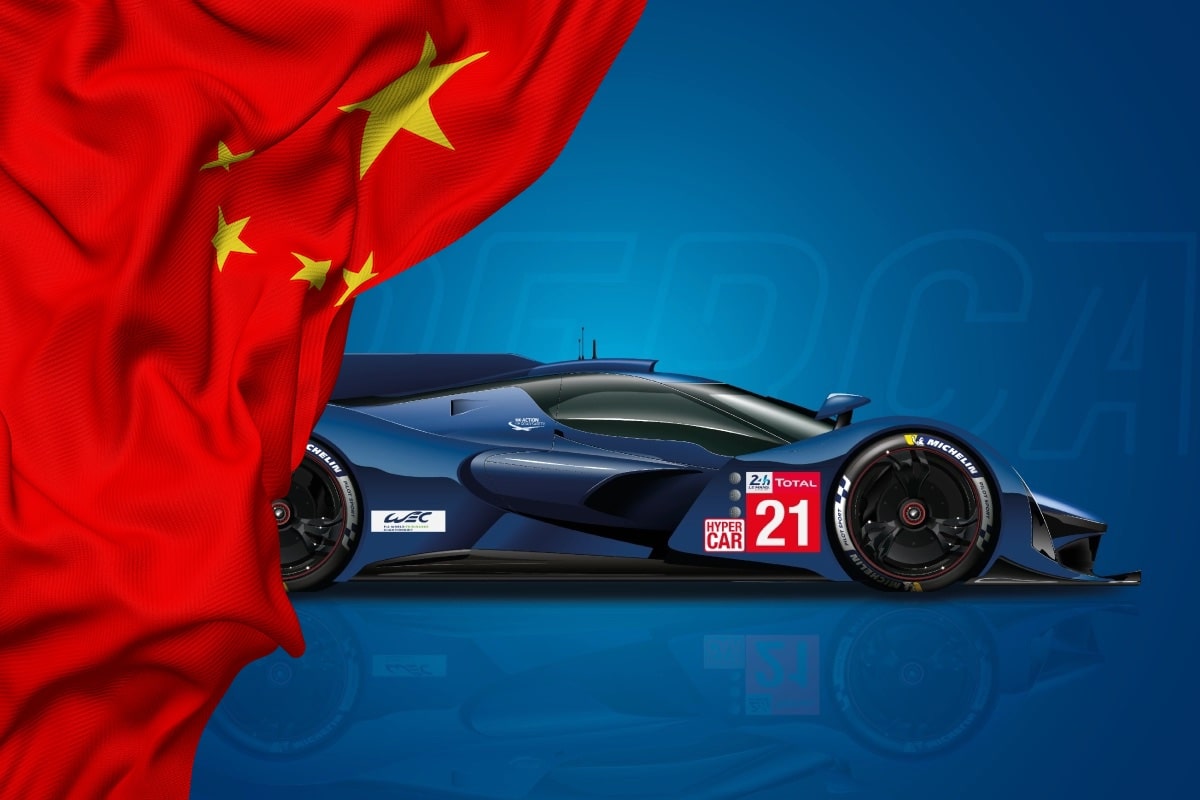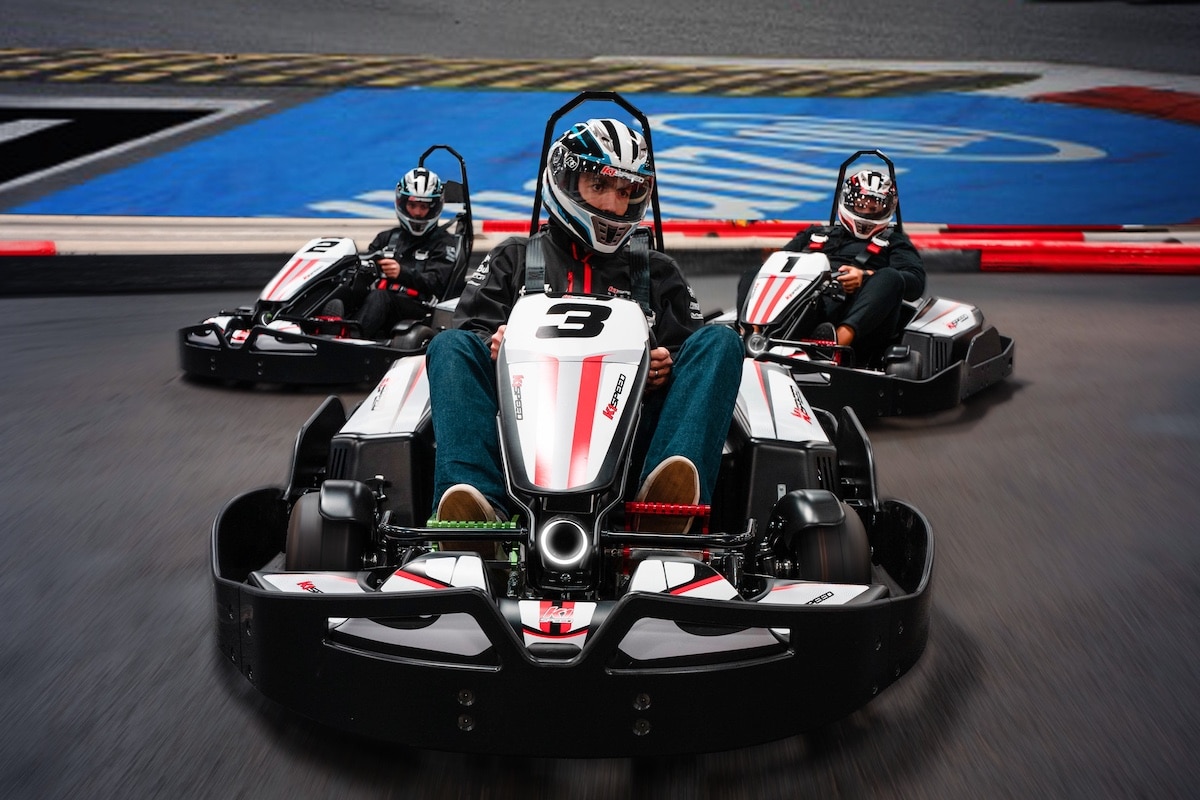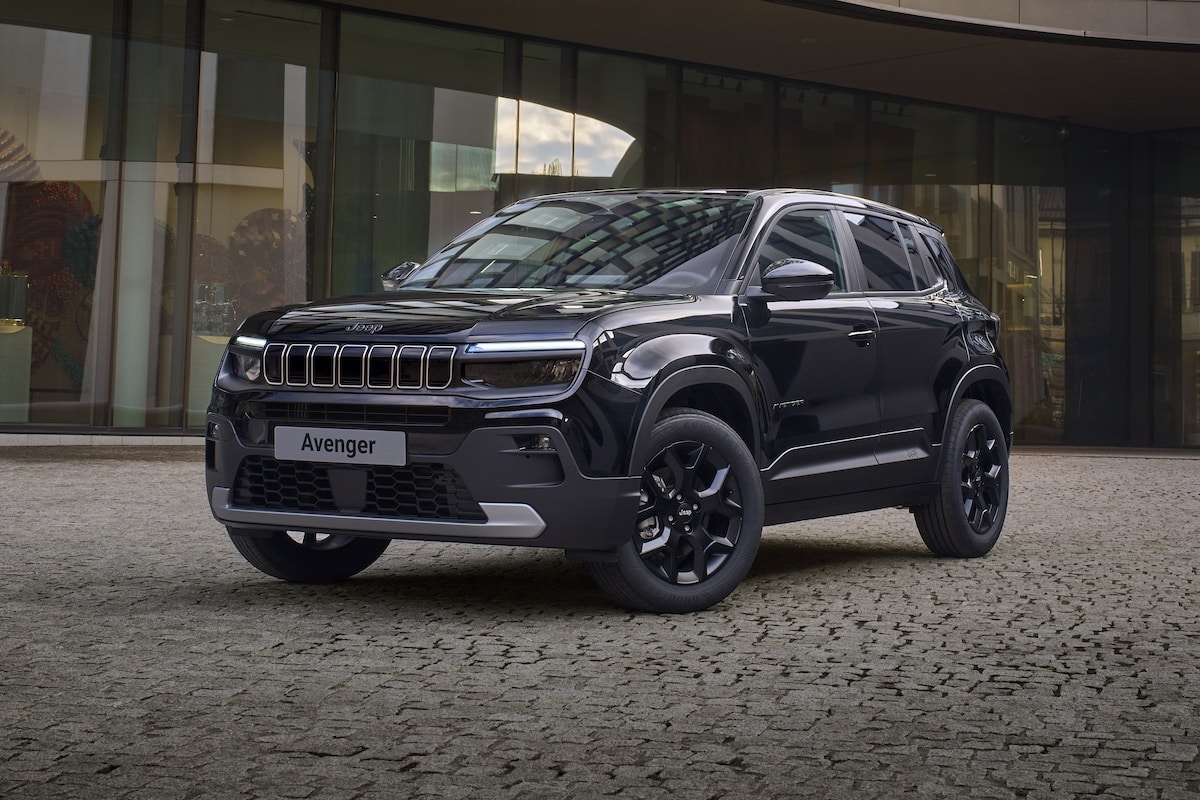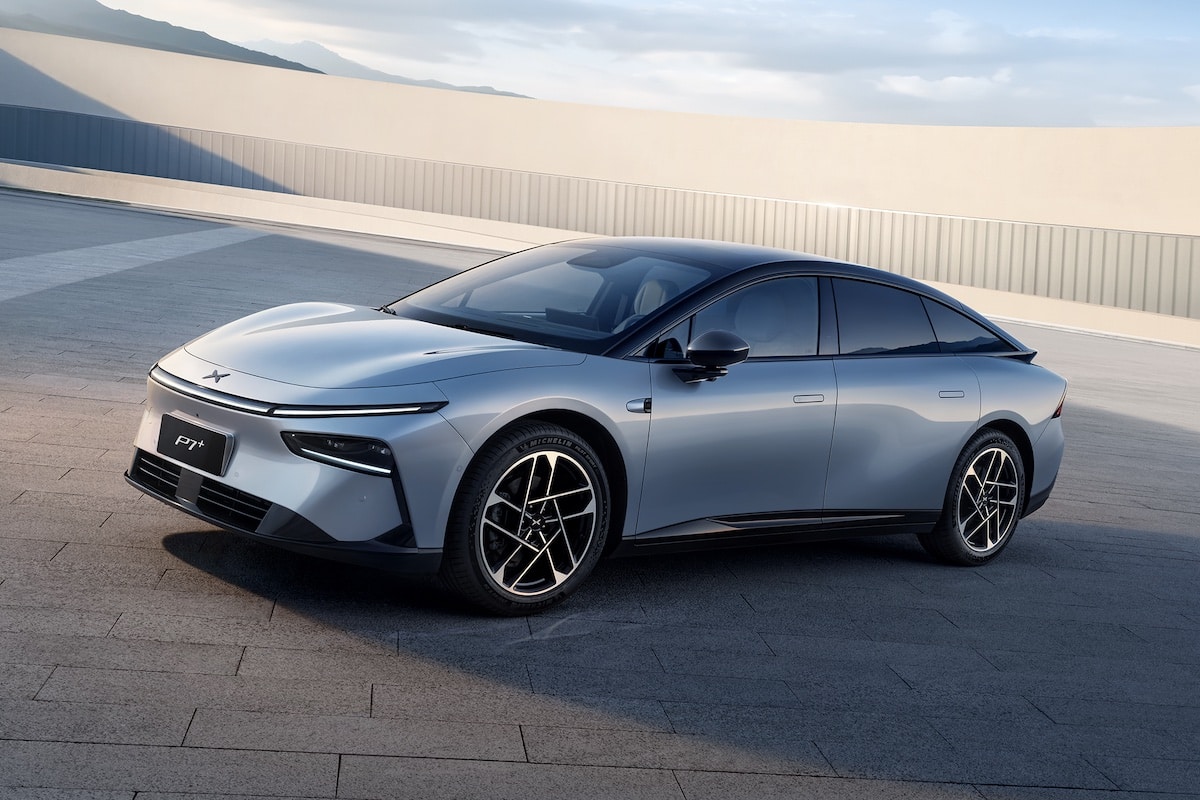Audi Wins an Electric Dakar. Loeb Finishes 3rd
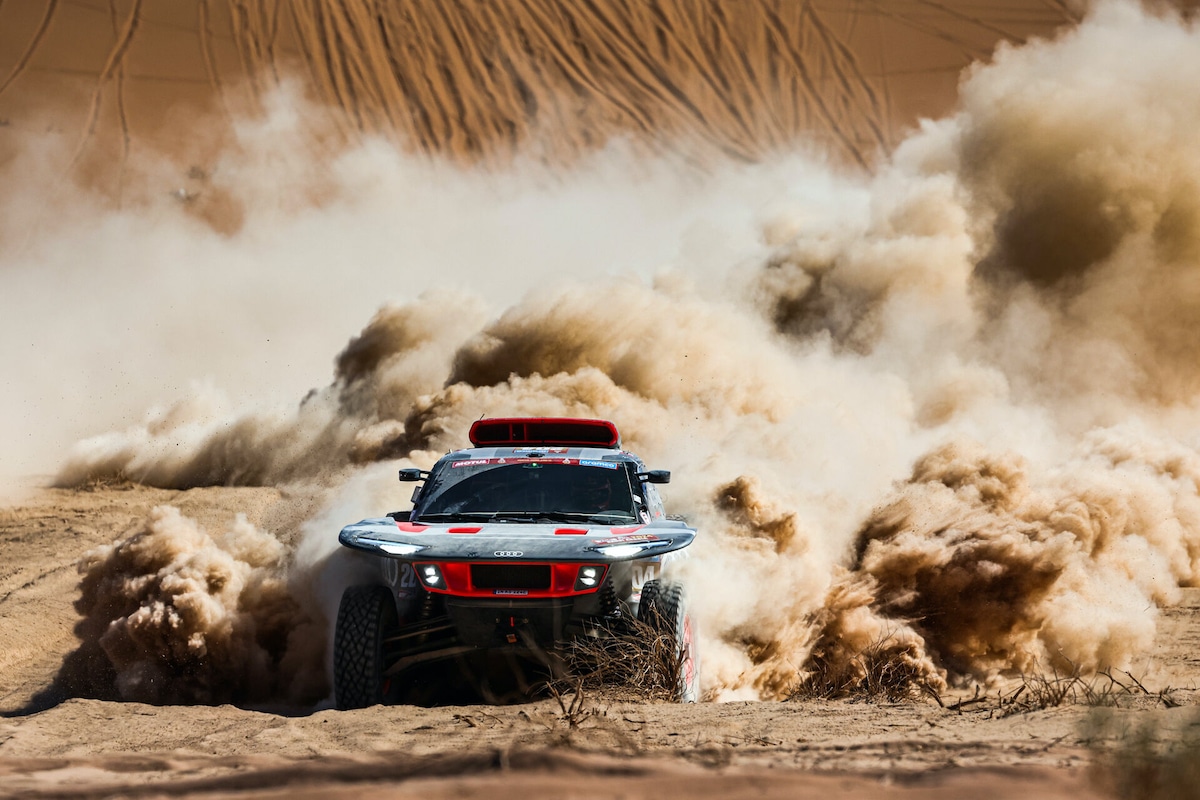
For the first time, a prototype with an electric propulsion system and an energy converter wins the Dakar.
Carlos Sainz and Lucas Cruz give Audi this historic victory at the Dakar after leading uninterrupted since the sixth stage. For the two Spaniards, already victorious in 2010, 2018, and 2020, this is their fourth win with a different brand, including their second with the Volkswagen group.
This is Audi’s very first Dakar victory. The result of extensive work, as the German brand developed in 2021 a revolutionary 4×4, including 3 electric motors derived from Formula E and a generator. While the Audi RS Q e-tron is equipped with all-wheel drive powered by electricity, its energy supply comes from a high-voltage battery and a turbo gasoline engine from DTM acting as an energy converter. This internal combustion engine runs on biofuel, enabling a 60% reduction in CO2 emissions compared to conventional fuels. After a promising discovery in 2022 followed by a complete disaster in 2023 (Sainz and Peterhansel accidents), the Four Rings brand finally achieves its goals.
The podium is once again topped by Sébastien Loeb and Fabian Lurquin. Like in 2022 and 2023, they were beaten by stronger competitors, although their stage wins again surpass those of the final winners. The Franco-Belgian duo concludes this Dakar beautifully with a 5th stage victory this Friday. The Alsatian never relaxed his pressure on Carlos Sainz and was in contention for the overall win until a suspension triangle broke on Thursday, on the penultimate special stage, ending his chances.
While Audi withdraws from the Dakar after this historic victory to focus on Formula 1, Sébastien Loeb will open a new chapter in his desert story with Dacia starting in 2025.
READ ALSO: Electric Audi leads Dakar at mid-race
This page is translated from the original post "Audi remporte un Dakar électrique. Loeb 3ème" in French.
We also suggestthese articles:
Also read
